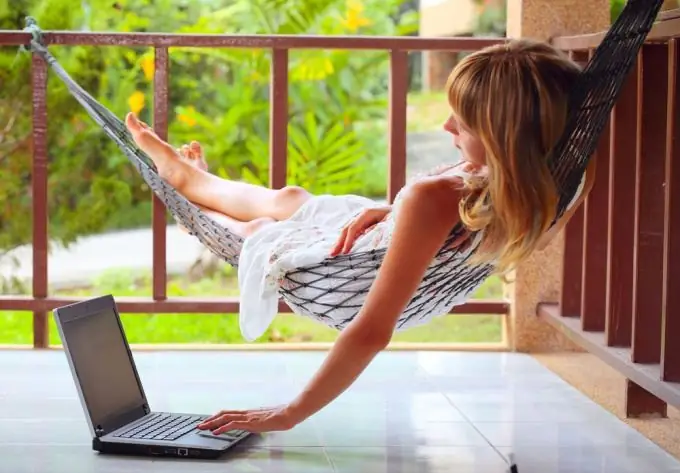Often, returning from a long-awaited vacation, people feel not a surge of strength, but despondency and melancholy. Post-holiday depression is a problem that anyone can face, but there are simple guidelines to help you avoid or alleviate the condition.

Even the most enjoyable and rewarding vacation can end in post-vacation depression. Psychologists note that many people apply for resignation of their own accord after returning from vacation, being unable to cope with difficult experiences and disappointment. Someone may consider this laziness, but there are objective reasons for this state, which lie in the depths of the human psyche.
Causes of Post-Vacation Syndrome
It would seem that people go on vacation to relax and unwind, but often a pleasant pastime during a legitimate vacation is so unusual and different from the usual way of life for a person that such a contrast becomes a real source of stress. On vacation, a person is not bound by work obligations, he can afford to be carefree, he does not need to limit himself. Returning to work in a familiar environment is perceived by the psyche as a huge loss, like parting with an important person. Often, when starting work, people feel depressed, face bouts of irritability, headaches and sleep disturbances. The body refuses to rebuild into the previous "non-free" regime, and all negative manifestations of the post-vacation syndrome are a reaction of the body and psyche to these changes.
We rest properly
In order to get rid of the post-holiday syndrome, or at least minimize its manifestations, it is necessary to remember the rules of healthy rest.
- The vacation should not be too long or too short. Psychologists note that the most optimal rest period is two to three weeks. During this time, a person adapts to a new rhythm of life, relaxes and receives enough energy to calmly return to his usual routine. Alas, not everyone can afford a one-time two-week vacation and go to rest for a few days. A week is too short a period during which the body does not have time to rest or get used to the changed conditions of life. Returning to former realities after such a short rest is perceived by the psyche as a serious stress, biorhythms fail, a person's biological clock begins to work incorrectly, which negatively affects his performance and emotional state.
- Choose the optimal activity level. An overly busy vacation, full of excursions, extreme entertainment and a busy schedule of visiting various attractions, can play a cruel joke, and as a result, at the end of the vacation you will feel not a surge of energy, but a breakdown. Passive rest, in which there are neither impressions nor physical activity, is also unfavorable. Find a middle ground.
- Those who are forced to work hard and hard are also at risk. The more difficult and tense a person's working conditions, the harder he suffers from vacation - the contrast between the rhythm of work and rest is too great. In addition, the risk group includes people who do not like their work, who do not enjoy their own field of activity, who do not have friends in the team. The reluctance to return to unfriendly bosses and not too interesting tasks can also lead to post-vacation syndrome.
What to do?
No one is immune from depression, despondency and sadness after a vacation - even those who sincerely love their job. In order to make the transition from rest to work more painless and comfortable, psychologists recommend returning home 2-3 days before the start of a new working week. This "buffer" period between vacation and work is very important - it allows you to gradually and without stress to be drawn into the usual rhythm of life.
If possible, don't take on too big tasks right after your vacation. Avoid responsible negotiations, overtime, and work from home. It will also help smooth out the contrast between rest and work. It is not recommended to implement new projects immediately after returning - you will feel much more comfortable finishing some previously started work, which is already familiar and is not accompanied by stress.





